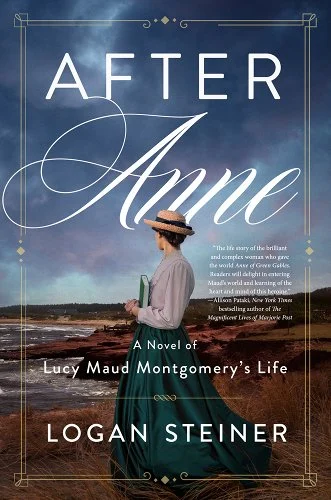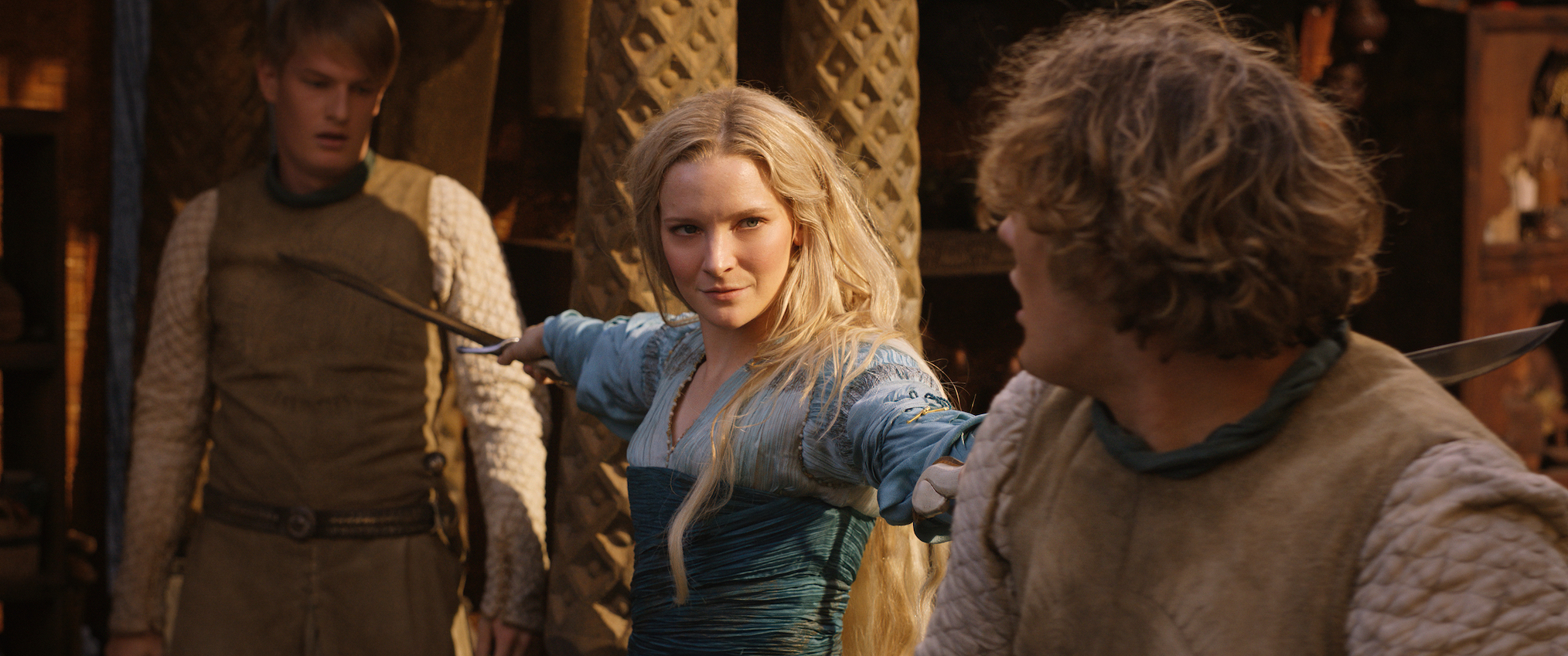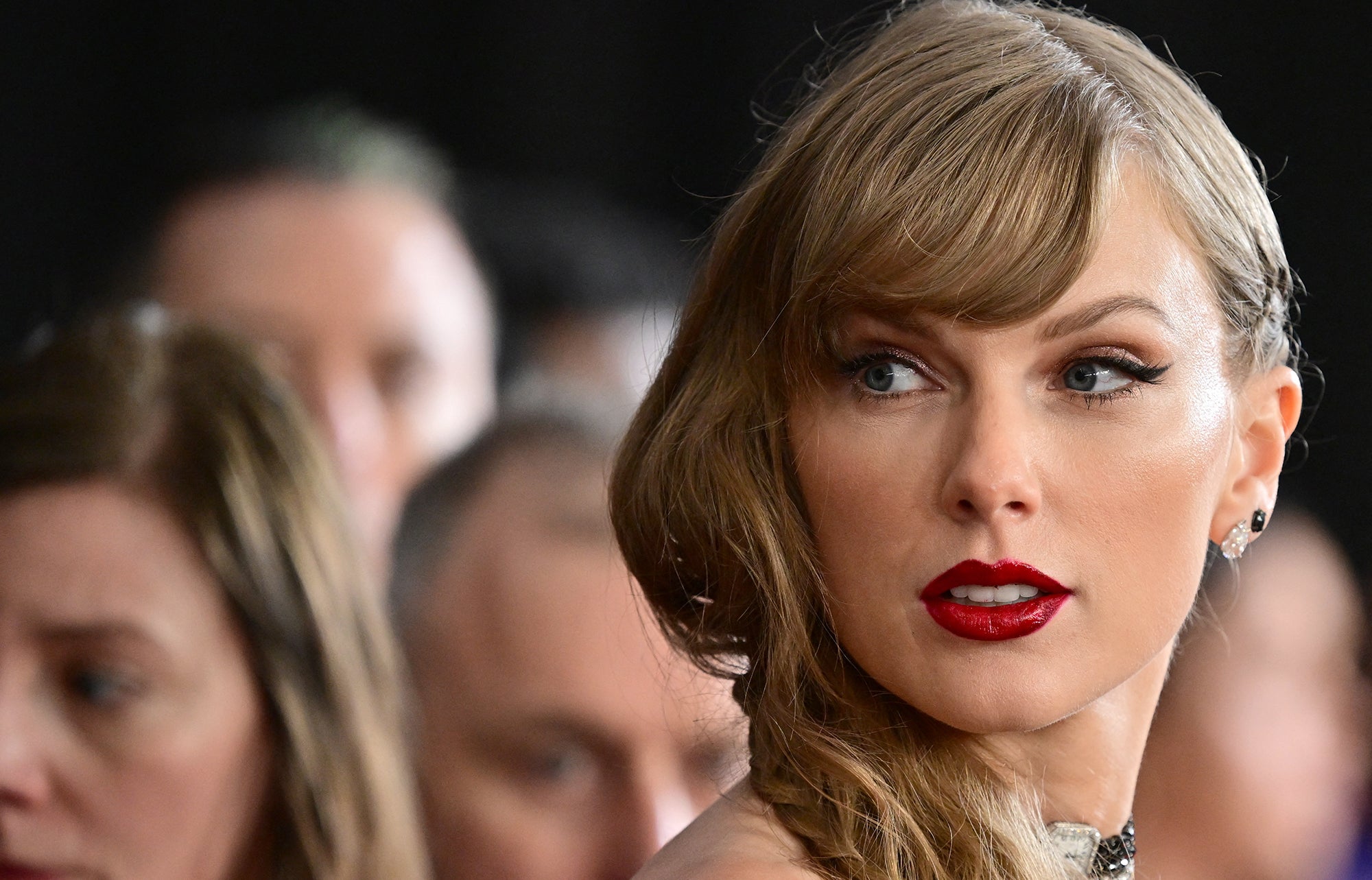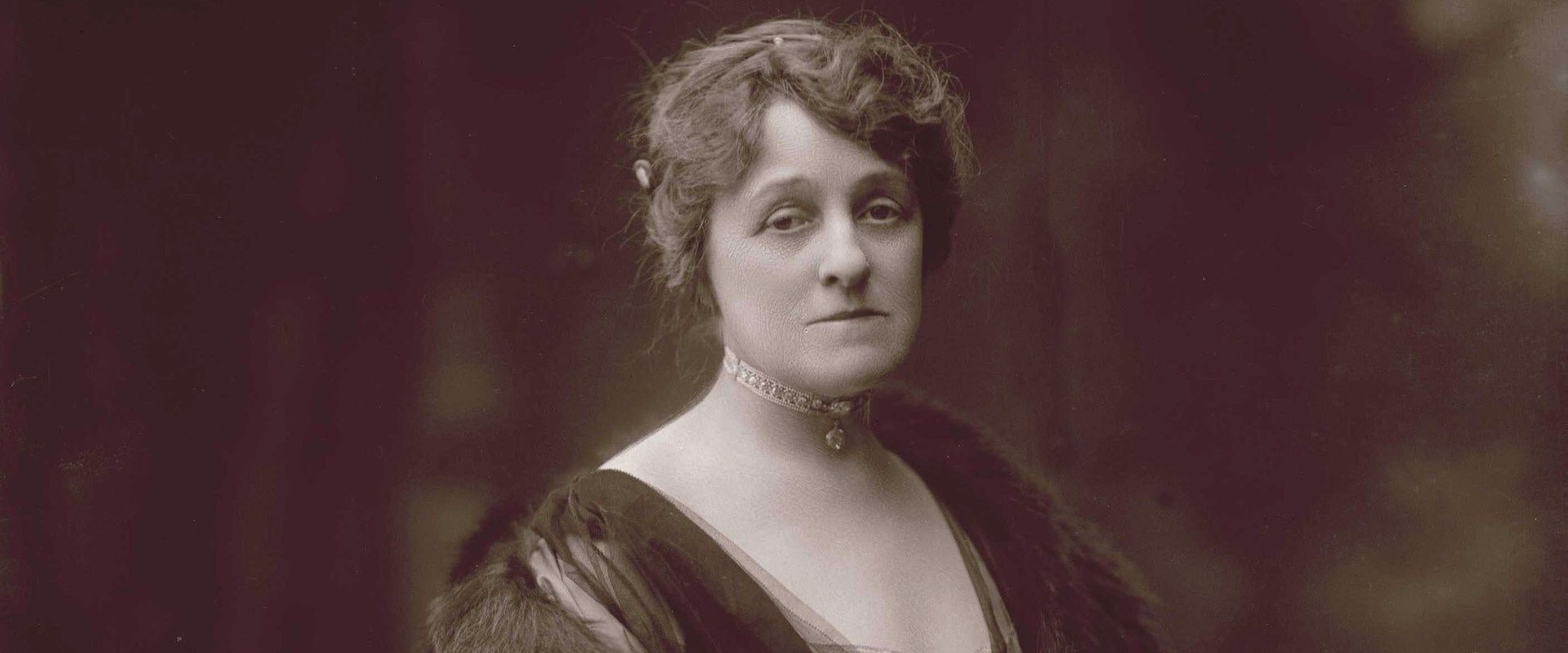Hours before my toddler announces daybreak with her cry, when the night shadows start to play their old tricks on my nerves and insecurity paints over my creative plans, it’s the stories of the women writers who have come before me that I crave most. I want to feel, down to the sheet-gripping tips of my fingers, that I am not alone—in my doubts, in my hopes, in my struggles.
Reading the stories of other women who share my drive to create can be the best medicine. These women almost always balanced writing with other tasks that crowd the surface of the female experience—raising babies, working day jobs, managing households, caring for sick family members, to name a few. Their lives inspire me not only because they were ultimately successful, but also because their success required the conquering of challenges along the way.
In fact, I was so hungry for these kinds of stories that I decided to tell one in my first novel. Much like Mark Twain in the United States—a fellow creator of immortal young-adult characters who expressed deep admiration for Anne of Green Gables—Lucy Maud Montgomery (who went by Maud) reached celebrity status throughout Canada and the rest of the British Empire. She was even made an officer of the Order of the British Empire in 1935. And yet, she experienced hardships that most of her readers could never have imagined. I knew immediately that hers was a story I wanted to tell. Eight years later, that story became my debut novel After Anne.
The books on this list all similarly showcase the lives of women writers. Each of these accounts moves and inspires, and can help those of us balancing creative work with life’s other commitments to feel less alone.
Red Comet: The Short Life and Blazing Art of Sylvia Plath by Heather L. Clark
This biography of Pulitzer-prize-winning poet Sylvia Plath takes on the intimate and previously unfamiliar aspects of Plath’s life, from her babyhood (recounting how early she spoke her first word) through her suicide at age thirty, when her children were toddlers. In addition to being a meticulously researched biography, Clark sprinkles in thoughtful literary analysis of Plath’s poetry that will appeal to any English major. Clark’s nuanced portrayal of each person in Plath’s life—resisting the temptation to demonize or aggrandize—makes this account particularly special. And Clark’s compassion and respect for Plath shows through in each line of the book.
Truth & Beauty: A Friendship by Ann Patchett
In this memoir, Ann Patchett paints a raw and beautiful portrait of a twenty-year friendship between two writers—Pulitzer-prize-winning novelist Patchett and Lucy Grealy, who wrote the critically acclaimed memoir Autobiography of a Face about her battles with childhood cancer and its aftermath. Patchett tells the story of the intersection between two writers’ journeys, tracing back to their time together at the Iowa Writers’ Workshop and continuing through Lucy’s death of a heroin overdose at age thirty-nine. Their friendship was close but not easy, and Patchett’s memoir is all the more powerful for telling the many sides of it.
The Moment of Tenderness by Madeleine L’Engle
This is a collection of eighteen short stories discovered by one of the granddaughters of Madeleine L’Engle, author of A Wrinkle in Time. Together, these stories create a poignant mosaic of L’Engle’s early life, from childhood to motherhood. Some of these stories were published during L’Engle’s lifetime, and others were only published posthumously. Some have a firm basis in real events, while others have fantasy and science fiction elements. Together, they will appeal to anyone interested in what inspired the work of one of our most fantastically imaginative authors.
Writers & Lovers by Lily King
Unlike the other books on the list, this one is pure fiction, by bestselling author Lily King. It tells the story of Casey Peabody, a struggling writer in her early thirties. Following Casey’s life over the course of a year, it shows her grappling with the aftermath of her mother’s sudden death, a failed relationship, and notices from debt collectors. Casey’s experiences with the male-dominated publishing industry and overcoming self-doubt will ring true for many women with creative dreams—especially those searching for their creative identity and grappling with grief or heartache at the same time.
The Madwoman in the Attic: The Woman Writer and the Nineteenth-Century Literary Imagination by Sandra M. Gilbert and Susan Gubar
In what the New York Times Book Review described as “a feminist classic” of literary criticism, originally published in 1979 and recently reissued with a new introduction, Gilbert and Gubar explore how celebrated female writers from Jane Austen to Emily Dickinson conveyed their own life experiences of confinement through the characters they wrote. The book’s title comes from Jane Eyre, the novel in which a female character is famously kept locked in the attic, which is commonly understood as a metaphor for the ways in which women were historically imprisoned in the domestic realm. The recent reissuing of this classic text emphasizes just how much its messages resonate today.
M Train by Patti Smith
This memoir of the life of National Book Award-winning author and multi-platform artist Patti Smith journeys through Smith’s life in a series of poignant vignettes. The book flows the way memory often does—through time and space, from past to present, from Greenwich Village to Mexico to Iceland. It includes not only Smith’s words but also her photographs, allowing the reader to see its subject more vividly. Smith unpacks the creative process in an intimate and introspective way that will resonate with creators of all stripes.
The Girls in the Picture by Melanie Benjamin
In this historical fiction novel, Melanie Benjamin tells the true story of the rise and fall of a female friendship in male-dominated, early twentieth-century Hollywood: the friendship between screenwriter Frances Marion and actress Mary Pickford. It follows Marion’s journey from moving to Hollywood with dreams of being an artist, to finding her calling writing stories for film, to her instant bond with Pickford, to their eventual falling out. The book will appeal to anyone interested in the challenges faced by women trying to climb the ladder of creative success while maintaining a close friendship at the same time.
Sometimes You Have to Lie: The Life and Times of Louise Fitzhugh, Renegade Author of Harriet the Spy by Leslie Brody
Rounding out the list, this biography of Louise Fitzhugh, creator of beloved childhood character Harriet the Spy, explores Fitzhugh’s childhood in segregated Memphis, her struggles with her identity as a gay woman in the 1950s and 1960s, and her creative process and inspiration. Brody grounds her biography in careful research and insight, shedding light on the often-ignored cultural and social significance of children’s literature by delving into the hidden life of one of its creators.

























































